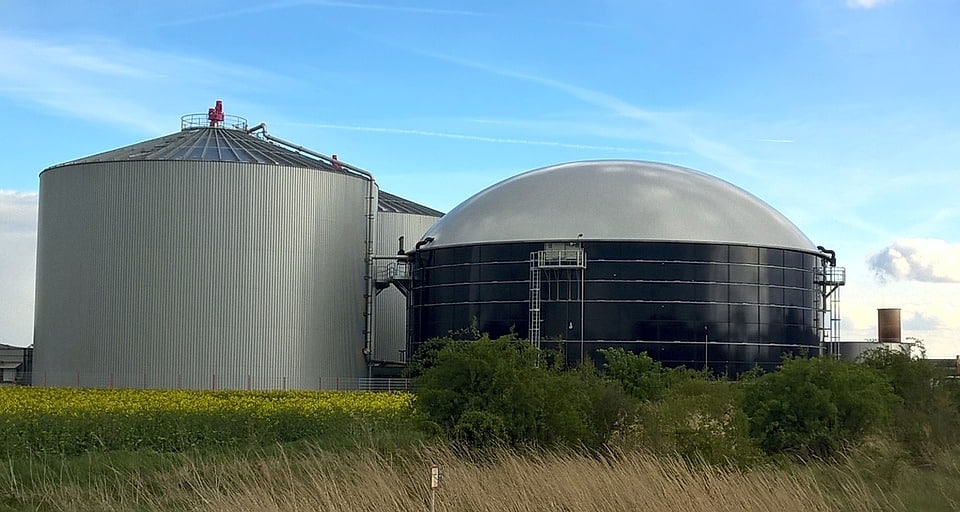Construction of Biomethanation Plant (Biogas)
- Home
- Construction of Biomethanation Plant (Biogas)

Construction Of Biomethanation Plant (Biogas)
Biogas generators extract by-products from organic waste (including human and animal excreta, food stuffs, etc) which can be used to replace traditional fuels and fertilisers. Biogas generators produce 2 useful products:
1. Biogas – biogas is a natural gas which can be used directly as a fuel for cooking and heating or used to run a converted generator for electricity production.
2. Fertiliser – digested sludge from the bottom of the biogas generator and over-flow effluent water can be used as a fertiliser for crops
The benefits of biogas generators are explicitly listed below and should be made clear when suggesting the construction of the biogas generator to users in order to improve speed and likelihood of acceptance:
1. Biogas generators provide a safe and cleaner way of storing excreta and subsequently bring about related advantages linked to safe sanitation
2. Biogas generators provide free fuel for cooking, heating and lighting
3. Biogas generators provide fertiliser for crops
4. Biogas requires far less time and effort to collect than other fuels (e.g. wood)
5. Biogas reduces the need for wood and therefore reduces deforestation and the burden on women of collecting wood
6. Biogas creates no smoke and therefore reduces health problems caused by burning other fuels indoors
7. Biogas is environmentally friendly and does not release as many greenhouse gases when burned compared to other fuels
8. Dangerous bacteria in faeces are killed during digestion in the biogas generate
How is it Produced
- Biogas can be produced from raw materials such as agricultural waste, manure, municipal waste, plant material, sewage, green waste or food waste.
- Biogas is a green energy source in the form of electricity and heat for the local grid.
- Considerable environmental advantages – less emission of the greenhouse gasses methane, CO2 and nitrous oxide.
- Environmentally friendly recirculation of organic waste from industry and households.
- Fewer odor inconveniences when spreading slurry on the fields – fermented slurry smells considerably less than normal slurry and the smell decreases faster.
- Plants absorb fermented slurry better, increasing the yield on the fields.
- Protection of subsoil water – improved nitrogen exploitation reduces leaching and thereby drinking water contamination.
- Reduced costs for artificial fertilizer.
Book An Appointment
Eco-Friendly
Electricity Generation
Green Energy Source
Alternate Cooking Gas
Bio-CNG
Organic Fertilizer
Let’s Work Together To End Waste.
Send us a request and we’ll get back to you as soon as possible.

